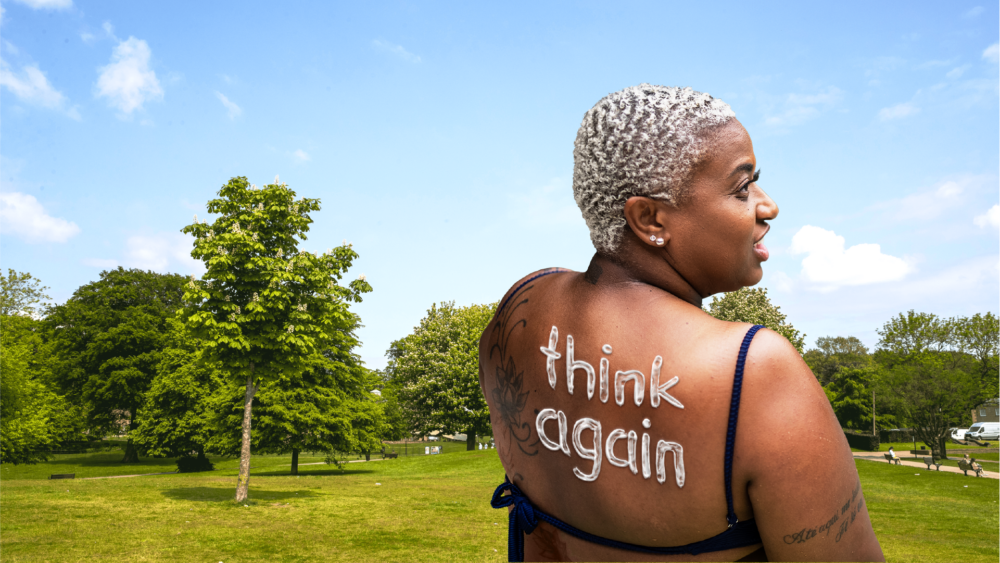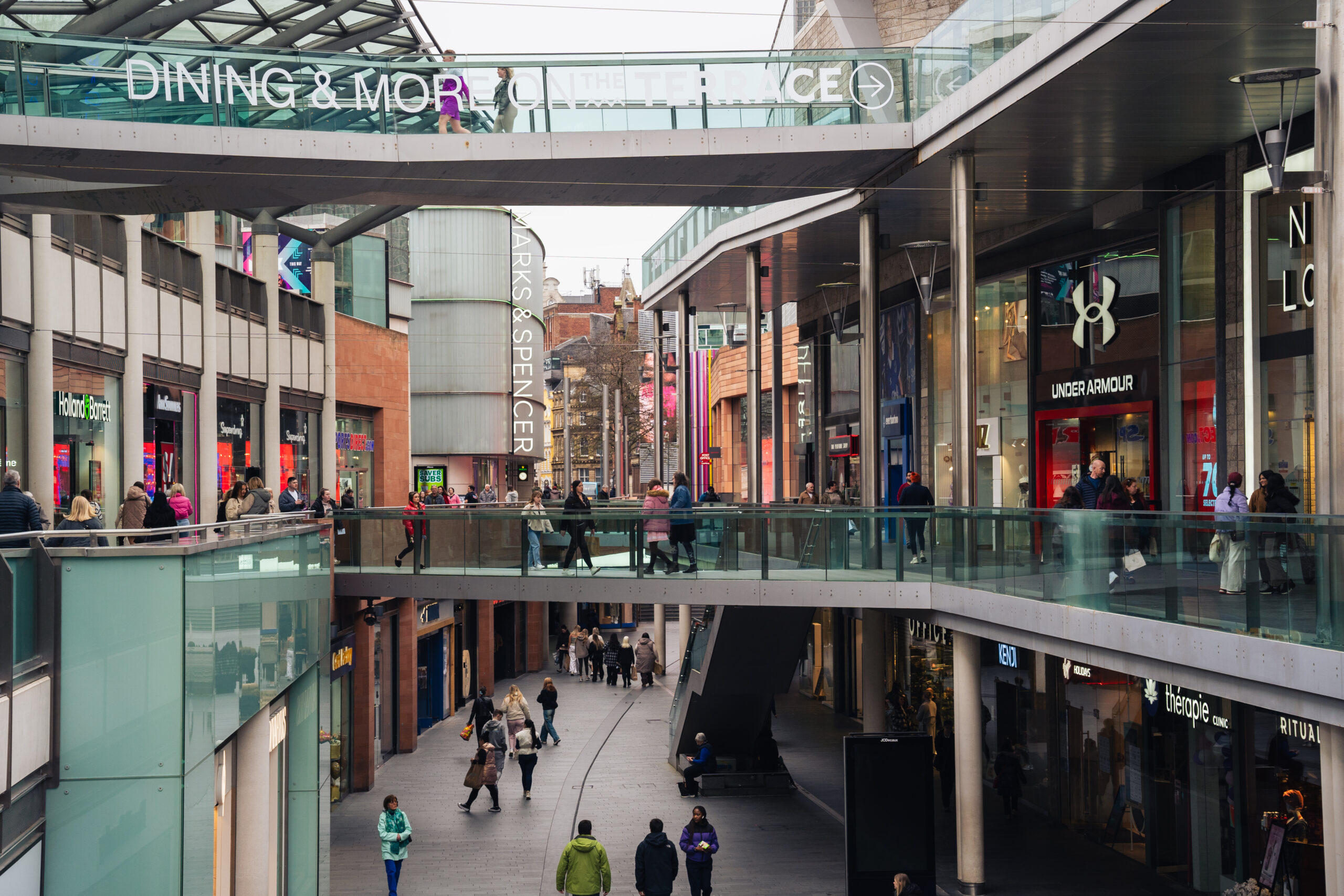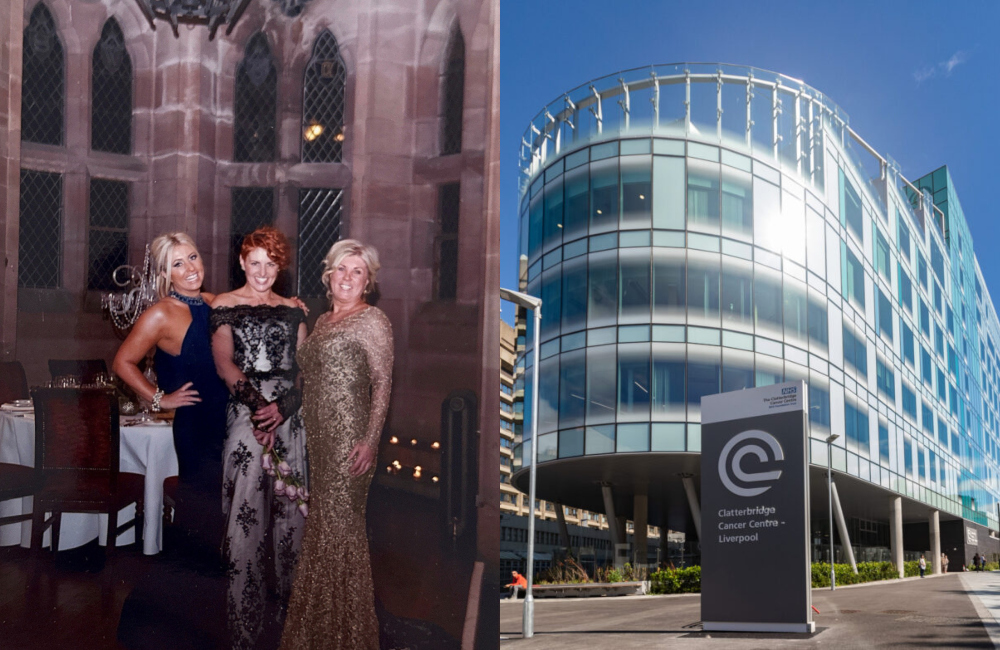
Latest
North West Cancer Research urges residents to ‘Think Again’ to prevent skin cancer
3 years ago

The charity’s latest initiative, Think Again, urges people to wear sunscreen daily and to take other preventative steps, even when at home in the UK.
North West Cancer Research is calling on local people to step up their sun safety routines and help reduce their chances of getting skin cancer as part of a new campaign.
As a region, the North West’s skin cancer rates are 10% higher than the rest of the country, with Cumbria recording the highest numbers on average.
Now, North West Cancer Research, which is dedicated to tackling cancer rates and inequalities across the region, is determined to highlight the importance of protecting ourselves from sun damage and preventing skin cancer.
The Think Again campaign, which launches today (Thursday 1 June), highlights the risks of exposing skin to the sun without protection and urges people of all ages to wear at least SPF 30 when out and about, especially as the weather warms up.
From today, the charity will be travelling across the North West handing out sunscreen samples and sharing advice and guidance on how to stay safe in the sun, starting with St Ann’s Square in Manchester city centre.
Among those supporting the charity’s latest campaign is 51-year-old Chris Maguire, who was diagnosed with non-melanoma skin cancer in January, after noticing a small lesion on his hairline.
He was quickly diagnosed with Basal Cell Carcinoma (BCC), which is the most common form of skin cancer.
Chris, from Lancashire, said:
“My own cancer story started in 2022. I was in the shower and noticed a spot – or lesion – under my hairline on the top of my head. It was really innocuous and because it was covered by pretty thick hair for someone of my age, I didn’t think it could be anything nasty.
“I’m the person who goes on holiday and sits in the shade with the factor 50 on. I’ve never been on a sunbed and I wear a cap when I play cricket. I went to the GP and she referred me to a specialist ‘just to be sure’ – and it’s lucky she did. As soon as he saw the 8mm x 8mm lesion he said it had all the hallmarks of a BCC and referred me for a punch biopsy.
“I play a lot of cricket and I’m really keen to raise awareness among cricketers, golfers and people who spend a lot of time outdoors. Enjoy the sun but do it safely.”
There are two types of skin cancer – melanoma and non-melanoma. Both types are more common in older people, although melanoma has a higher percentage of younger people being diagnosed.
Common symptoms include moles changing in shape or size or new ones appearing.
Non-melanoma skin cancer is usually associated with those who spend a lot of time in the sun and is most commonly recognised by a lump or discoloured patch of skin that doesn’t disappear and slowly progresses over months or years.
While non-melanoma skin cancer is highly treatable and less likely to spread, both forms should be taken seriously and symptoms acted upon if present, according to skin cancer specialist Sarah Allinson.
Sarah, who is a senior lecturer in cancer biology at Lancaster University, said:
“It’s crucial that we take skin cancer – in all its forms – seriously.
“There are various signs and symptoms, such as changes in moles or new lesions appearing, but it’s important to know what’s normal for you. Even if something looks like it’s nothing, but it’s abnormal for you, go and get it checked.
“Understanding your risk factor is also important so, for example, a fair-skinned, freckly person will have a higher chance of developing skin cancer than someone with perhaps darker skin.
“However, this does not mean that darker skinned people are free from risk and it’s vital that everyone, regardless of their skin type, take the appropriate measures to protect themselves, both at home and when on holiday abroad.”
Overall, people living in the North West are more likely to be diagnosed with cancer, with rates being generally higher than the rest of the country.
As part of its ongoing work, North West Cancer Research is dedicated to breaking the pattern in the region and bringing down cancer rates for future generations by funding life-saving research and education to tackle the cause, improve the care and find the cure for cancer.
CEO Alastair Richards, who underwent surgery to remove a non-melanoma cancer in 2021, said:
“In my case, I initially looked at my mole and assumed it was fine and nothing to worry about. It wasn’t until my wife and the team at work mentioned it that I decided to take action.
“Luckily, mine was removed and hasn’t returned since, but it’s so important that we learn how to protect ourselves.
“As a nation, we have a tendency to think that, unless we’re lying on a sunny beach on holiday, then we don’t need to wear sunscreen. This could not be further from the truth and it’s worrying how many people still believe this myth and fail to protect their skin on a daily basis.
“In the North West, we have higher rates of skin cancer – this should absolutely not be the case and it needs to change.
“Our hope is that, by launching our campaign, we can in fact make people ‘think again’ and pick up a bottle of sunscreen before they head out. It’s such an easy thing to do, but something that could help prevent you developing skin cancer later in life.”









 Subscribe
Subscribe Follow Us
Follow Us Follow Us
Follow Us Follow Us
Follow Us Follow Us
Follow Us Follow Us
Follow Us











